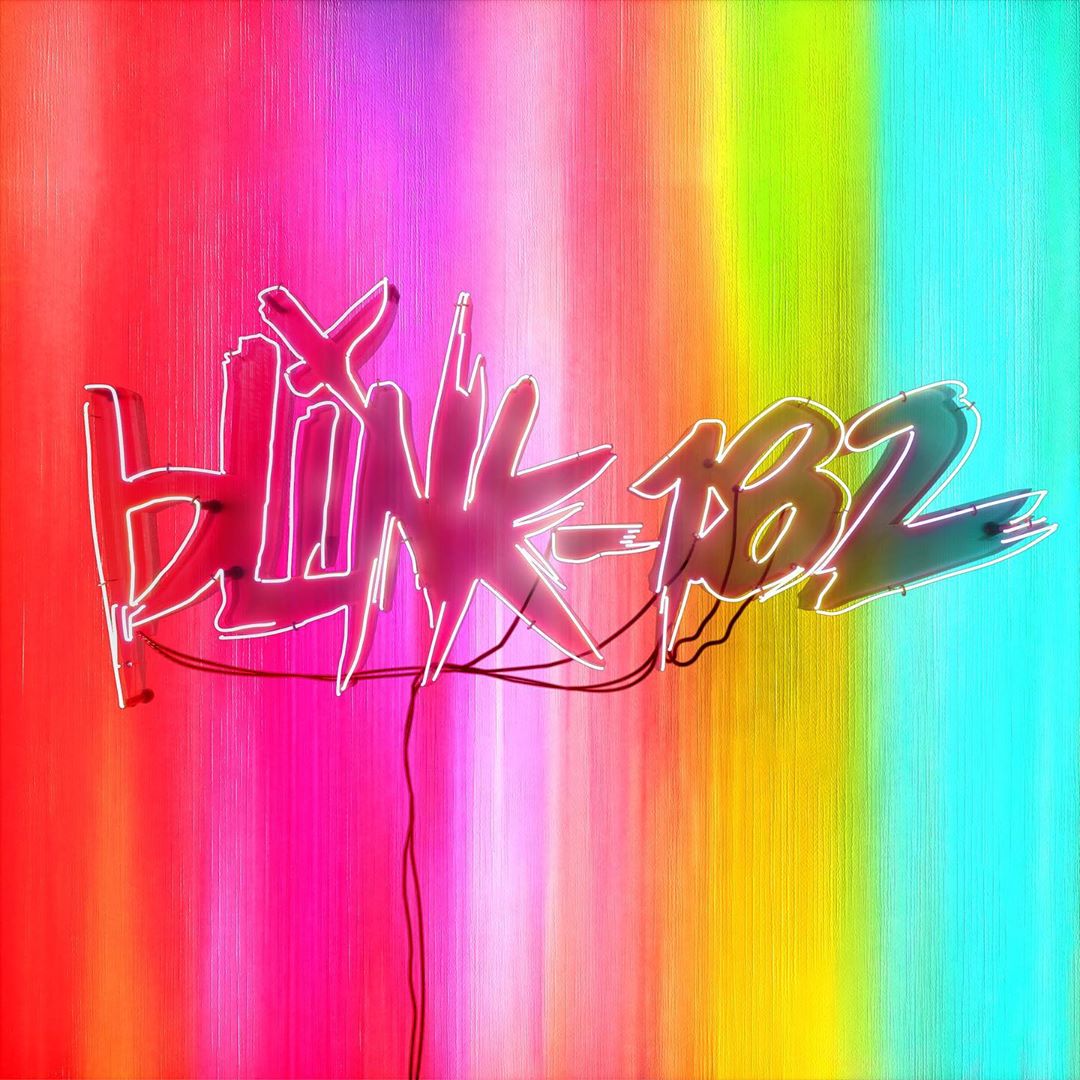
News
Harvard Quietly Resolves Anti-Palestinian Discrimination Complaint With Ed. Department

News
Following Dining Hall Crowds, Harvard College Won’t Say Whether It Tracked Wintersession Move-Ins

News
Harvard Outsources Program to Identify Descendants of Those Enslaved by University Affiliates, Lays Off Internal Staff

News
Harvard Medical School Cancels Class Session With Gazan Patients, Calling It One-Sided

News
Garber Privately Tells Faculty That Harvard Must Rethink Messaging After GOP Victory
Blink-182 Bounces Back on ‘Nine’
4 Stars

‘90s nostalgia is in full swing. From grunge-inspired fashion on runways to the vague sense of apprehension in global affairs, reminders of the decade are hard to miss. Recalling this period marked by conflict and rebellion — against authority, materialism, and the status quo — one fact remains of little dispute: Few, if any, bands embody the era as definitively as California-based rock group Blink-182. The band’s uptempo, guitar-heavy anthems and electric live performances paved the way for many of the pop-punk bands that rose to fame in the 21stt century. Fans of the band’s infectious energy will find more than enough in their latest studio release, “Nine,” albeit tempered with a veneer of maturity and self-reflection. The album provides a largely successful, if a bit formulaic, retrospective of Blink-182’s decades-long musical career while also looking to the future.
The 15-song tracklist, packed with autobiographical references to mental health and the challenges of artistic life, serves as a rough chronological journey through Blink-182’s history. At first listen, the album’s opening track, “The First Time,” evokes the thrill and uncertainty of a new relationship. “First love, first high, there ain’t nothing like the first time,” co-lead vocalists Mark Hoppus and Mike Skiba sing. However, the song could also easily represent the beginning of the band members’ lifelong romance with making music — a relationship that, like many, has had its ups and downs.
Expressions of disillusionment and uncertainty figure prominently in “Nine”’s lyrics, sung by Hoppus and Skiba over layers of humming synthesizers, rapid-fire drums and, of course, plenty of electric guitar. Following “The First Time” is “Happy Days,” a deceptively upbeat meditation on “waking up and feeling lost in the world,” according to a statement from Hoppus. Despite the song’s somber themes, its major key and relentlessly propulsive drumbeat ultimately suggest hope prevailing over fear.
Longtime experts at reminiscing about the past, Blink-182 prove themselves to be deeply aware of current events. The 2018 mass shooting in Thousand Oaks, only miles from drummer Travis Barker’s home, compelled him to memorialize the victims in song. The result is “Heaven,” a solemn, resolute condemnation of gun violence and the heightened danger of everyday life in America. The singles “Generational Divide” and “Blame It On My Youth” also highlight changes in society while casting doubt on the extent of humanity’s progress. “We swore we’d be better than the last time,” Skiba and Hoppus shout over rhythmic, percussive guitar chords on “Generational Divide.” before posing a question to listeners: “Are we better, are we better now?”
In many ways, Blink-182’s music is better now: By incorporating modern electronic elements into their songs while preserving their distinctive, punk-grounded sound, “Nine” is sure to appeal to veteran fans and new listeners alike. However, the juxtaposition of new and old is not always seamless. The album’s two songs about romantic relationships, “I Really Wish I Hated You” and “Darkside,” are also arguably its two most egregious examples of gratuitous synth effects. In both songs, already heavily populated by guitar and drums, the extensive use of voice distortion and electronic beats distracts from Hoppus’ and Skiba’s emotionally charged vocals.
The album’s synthesized sounds are most effective in tandem with sparse instrumentation, such as in its final track, “Remember to Forget Me.” For much of the song, which takes the form of a phone call from Hoppus to his mother as he describes life on tour, only acoustic guitar accompanies Hoppus’s heartfelt message. The occasional electronic flourishes punctuate the music instead of interrupting it. Contemplative and conversational in tone, the track offers a satisfying end to an album that will once again cement Blink-182’s status as an influential force in contemporary rock. Don’t “blink” and miss it.
Want to keep up with breaking news? Subscribe to our email newsletter.
